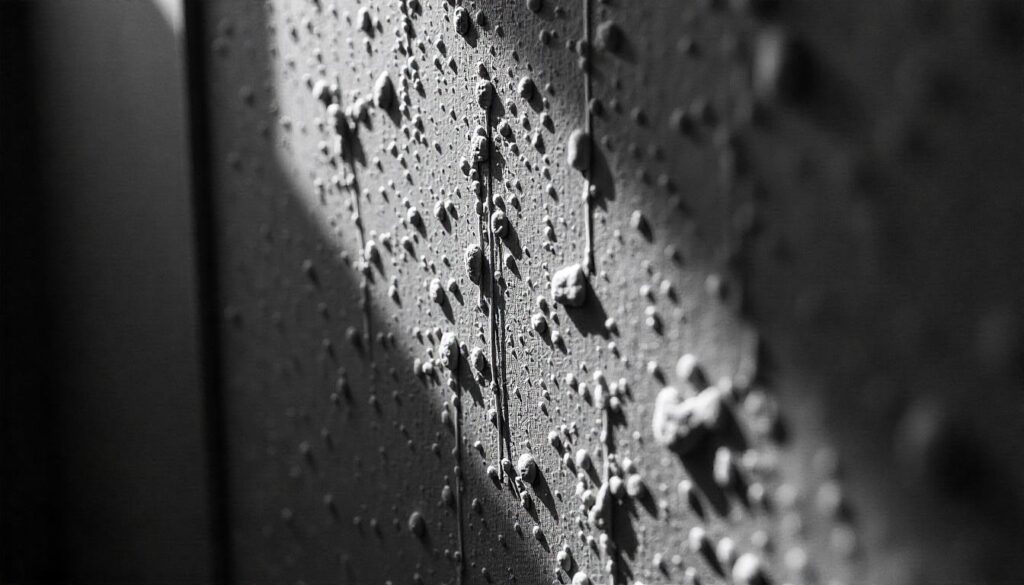Introduction
When disaster strikes—whether it’s a house fire, storm damage, or another unfortunate event—your homeowner’s insurance policy is designed to provide financial relief. But what if you decide to keep the insurance payout instead of using it for repairs? While it may seem tempting, there are serious financial and legal consequences to consider.
Mortgage Lender Requirements
If you have a mortgage on your home, your lender likely has a vested interest in how insurance funds are used. That’s because your home serves as collateral for the loan. In most cases, the insurer issues the claims check jointly to both you and your mortgage lender, requiring lender approval before the funds can be accessed. Many lenders place these funds into an escrow account and release them incrementally as repairs are completed. Failing to use the money for its intended purpose could result in the lender withholding future disbursements or, in extreme cases, calling the loan due.
Potential Fraud Implications
Keeping an insurance payout without making the necessary repairs could lead to allegations of fraud or misrepresentation. Insurance policies typically require you to restore your property to its pre-damage condition. If you later file another claim and the insurer discovers that you never repaired prior damages, your claim may be denied. Worse, if the insurer determines that you intentionally misrepresented the use of funds, you could face legal consequences, including potential civil or criminal fraud charges.
Long-Term Financial Risks
Choosing to pocket an insurance settlement instead of repairing your home can lead to significant financial risks:
- Decreased Property Value: Neglected damages can lower your home’s market value, making it harder to sell or refinance.
- Higher Future Repair Costs: Small issues can escalate into major structural problems over time, leading to more expensive repairs.
- Coverage Denials: If additional damage occurs and your insurer determines it stems from a failure to repair prior issues, they may refuse to cover future claims.
- Policy Cancellation: Insurance companies may refuse to renew policies for homeowners who do not maintain their properties properly.
Exceptions and Considerations
In some situations, homeowners may be able to use insurance payouts differently. If the damage is minor and you decide to make repairs yourself at a lower cost than the payout, you might be able to keep the difference—provided this is allowed under your policy. However, always check with your insurer before making such a decision to avoid potential disputes.
The Bottom Line
While it may be tempting to use insurance money for other financial needs, failing to use it for necessary repairs can result in lender penalties, fraud allegations, and long-term financial setbacks. To avoid legal and financial troubles, it’s best to follow your insurance policy’s guidelines and ensure your property remains in good condition.


